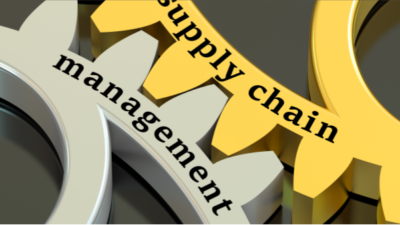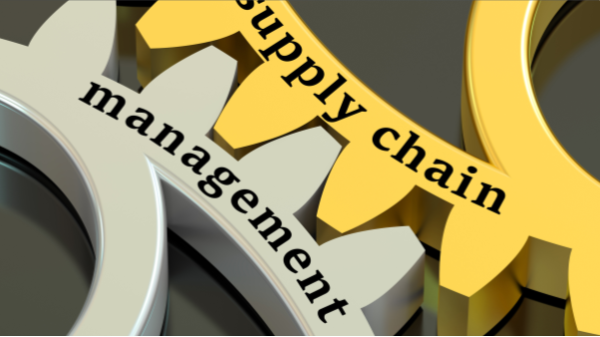TACHAN
- 8 August, 2023
- by Admin
Sustainable Supply Chain Practices: Meeting the Growing Demand for Responsibility in Vietnam
The demand for sustainable and socially responsible supply chains is on the rise, driven by increasing awareness of environmental and social issues. In Vietnam, businesses are recognizing the importance of adopting sustainable practices to meet customer expectations, mitigate risks, and contribute to a more sustainable future. In this post, we will explore the growing demand for sustainable supply chains in Vietnam, focusing on responsible sourcing, carbon footprint reduction, ethical labor practices, and supplier diversity.

Responsible Sourcing
Responsible sourcing involves selecting suppliers and partners who uphold ethical and sustainable practices throughout the supply chain. Businesses in Vietnam are expected to source materials and products from suppliers who comply with environmental regulations, prioritize worker safety, and respect human rights. Implementing responsible sourcing practices ensures transparency, reduces reputational risks, and supports the development of sustainable supply chains.
Carbon Footprint Reduction
Reducing carbon emissions is a crucial aspect of sustainable supply chain management. Businesses in Vietnam are increasingly expected to measure, report, and reduce their carbon footprint. This includes implementing energy-efficient practices, adopting cleaner production technologies, optimizing transportation routes, and exploring renewable energy sources. Carbon footprint reduction not only contributes to environmental sustainability but also enhances operational efficiency and cost-effectiveness.
Ethical Labor Practices
Ethical labor practices are essential for creating fair and safe working environments in supply chains. Businesses in Vietnam are expected to ensure fair wages, reasonable working hours, safe working conditions, and adherence to labor laws and regulations. Implementing ethical labor practices improves worker well-being, reduces labor-related risks, and enhances the reputation of businesses among customers and investors.
Supplier Diversity
Supplier diversity refers to actively seeking and engaging suppliers from diverse backgrounds, including minority-owned, women-owned, and small and medium-sized enterprises (SMEs). Promoting supplier diversity in Vietnam’s supply chains fosters economic inclusion, supports local businesses, and promotes innovation. It enhances the resilience and competitiveness of supply chains by diversifying sources of supply and building stronger relationships with a wider range of suppliers.
The demand for sustainable supply chains in Vietnam is growing, driven by the need to address environmental and social concerns. By embracing responsible sourcing, carbon footprint reduction, ethical labor practices, and supplier diversity, businesses can meet customer expectations, mitigate risks, and contribute to a more sustainable future. Adopting sustainable supply chain practices enhances reputation, reduces costs, and drives innovation. It is crucial for businesses to collaborate with stakeholders, promote transparency, and continuously monitor and improve their sustainable supply chain initiatives in Vietnam’s evolving business landscape.
- Tags:
Related news









